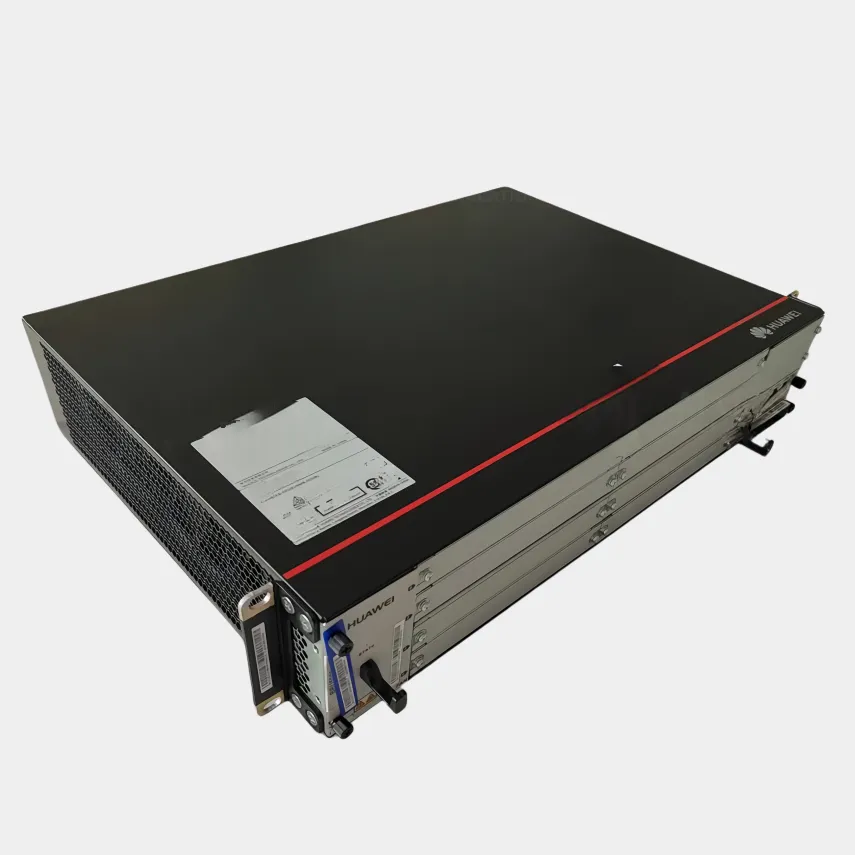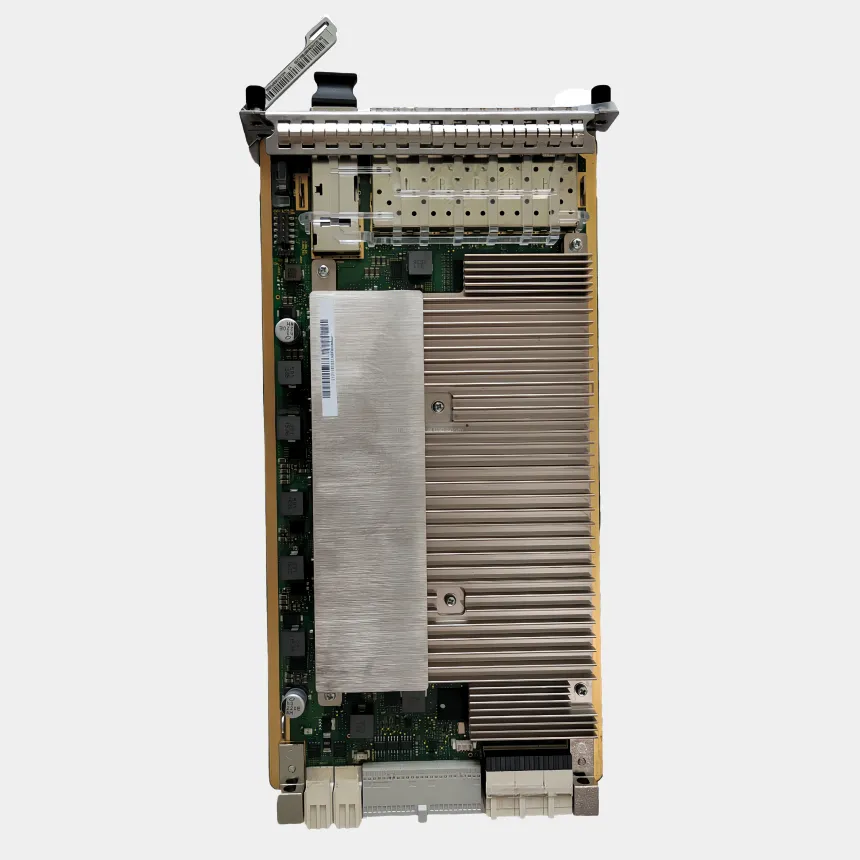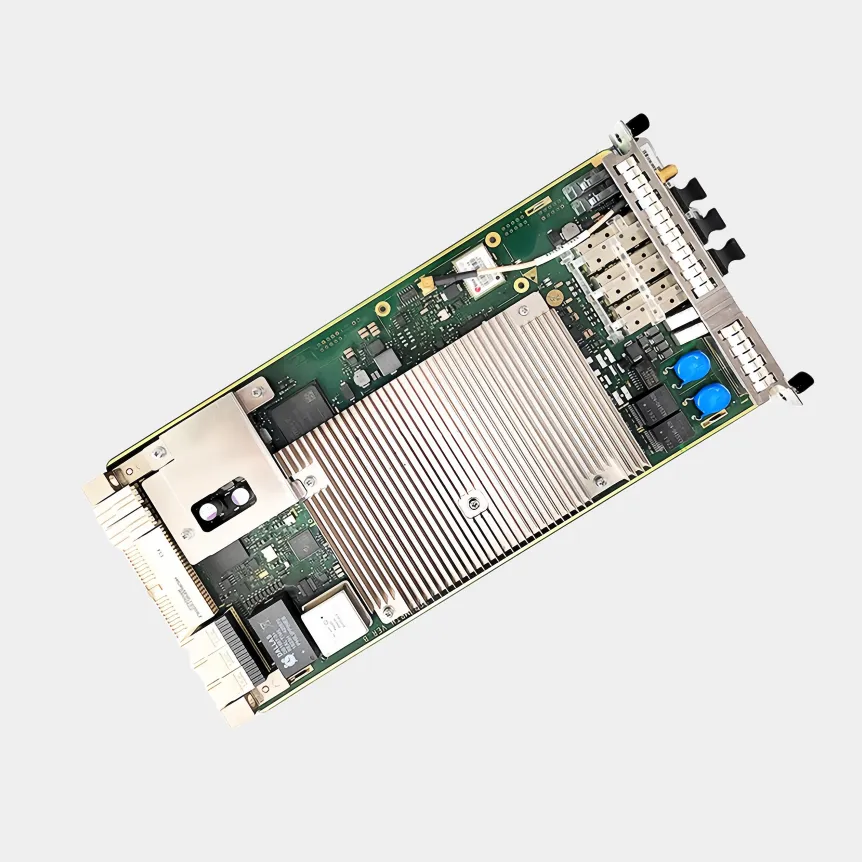Similar to the case of pathways for upgrade, there are many modes of optimizing the baseband unit’s performance. The first option is software based since this has been useful in the past. Enabling features, upgrading algorithms for signal processing, and adapting for new communication standards is possible due to absence of a hardware dependency. For instance, in increasing data reliability, the improvement would be a more sophisticated error correction algorithm. A partial resultant path to adaptive upgrade would be having advanced chips and increased memory which would enable components leading to a hardware assisted upgrade. You can expand the lifespan of the operational infrastructure by relying more on software changes blended with hardware modifications, then fully constrained 5G capability enable later resource constrained implementation.


